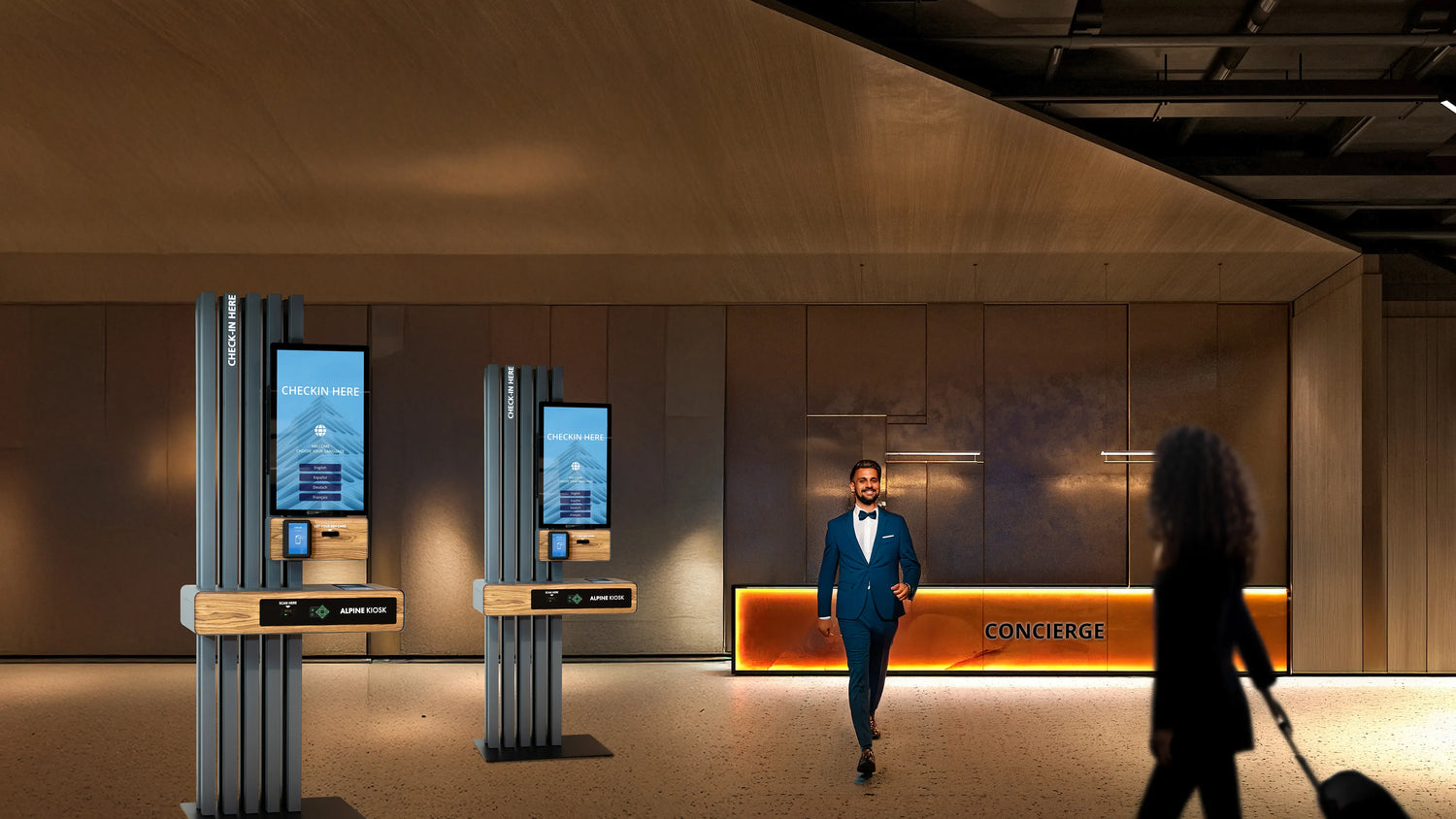The sports retail landscape is continually evolving, and the introduction of self-service kiosks has marked a significant transformation. These shiny new machines, seemingly popping up in every sports store, offer customers the promise of speed, convenience, and autonomy. But is this transformation as advantageous for retailers as it is for the customers? Let's see what the catch about this, touchdown by touchdown.
The Appealing Side...
Firstly, let's look at the figures. According to RetailTech, an impressive 85% of customers give a big thumbs up to these self-service kiosks. The appeal? Undoubtedly, the ease and speed they offer make them an irresistible choice for customers, allowing them to skip long queues and maintain control over their purchasing process. This fast-paced and independent shopping experience resonates with the sports enthusiasts who are keen on efficiency and autonomy.
From the retailers' perspective, the pros of self-service kiosks are as enticing as a perfect touchdown. A 2022 report by Retail Insight has demonstrated the potential for these kiosks to reduce labor costs by up to a whopping 30%. Imagine the cost savings for retailers, enabling them to redistribute resources towards other value-added services or marketing initiatives. Moreover, these kiosks have a knack for increasing spontaneous, impulsive purchases, driving up sales by a notable 20%. The lure of user-friendly interfaces and easy-to-navigate product selections tend to encourage customers to add 'just one more item' to their shopping cart.
The (un)Hidden Risks...
But, it's not all rosy in the field. The initial investment required to install these high-tech kiosks can pose a significant financial hurdle. The cost of the equipment, coupled with the necessary training for staff and the expense of potential maintenance and updates, can leave even the biggest retailers feeling like they've run a marathon.
Moreover, the challenge of getting customers up to speed with using these new machines can be an uphill climb. The level of customer adaptability varies greatly, and retailers may need to invest time and resources into educating them to ensure a smooth transition and user experience.
Adding to the potential fouls, privacy concerns over customer data protection can turn an otherwise successful implementation into a precarious situation. With the increasing awareness of data security among consumers, retailers must ensure they maintain stringent data privacy standards, or they risk a costly foul in the form of damaged reputation and lost customer trust.
Conclusion
In conclusion, self-service kiosks in sports retail present a mixed bag of promising benefits and inevitable challenges. They offer a tantalizing opportunity for enhanced customer experience and operational efficiency. Still, their implementation requires careful strategizing, balancing the initial investment with long-term gains, and a proactive approach to customer education and data privacy. Indeed, there's more to the story than meets the eye, and the success lies in how well the retailers navigate the pros and cons of this retail revolution.





